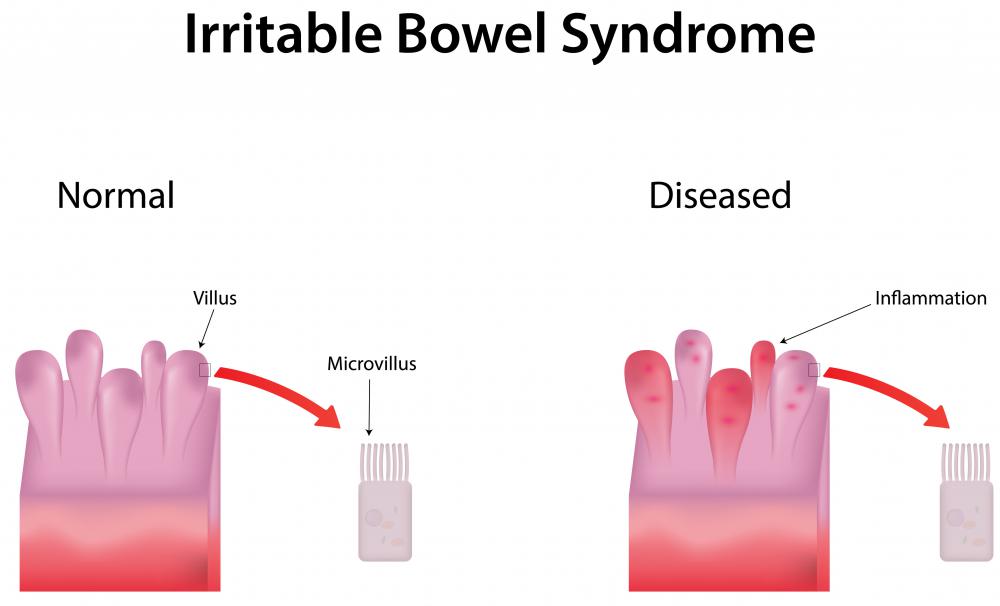At WiseGEEK, we're committed to delivering accurate, trustworthy information. Our expert-authored content is rigorously fact-checked and sourced from credible authorities. Discover how we uphold the highest standards in providing you with reliable knowledge.
What is Somatization Disorder?
Somatization disorder is a psychiatric condition of patients who report symptoms for which no physical or organic cause can be identified. Their complaints often involve neurological, digestive, and pain problems experienced consistently for years. These symptoms are not imaginary, just mentally caused. Also called Briquet Syndrome after a 19th-century physician who described it, somatization disorder is fairly rare in the general population and was not taken seriously for a long time. While it is a mental illness, the health problems patients experience can seriously disrupt life.
Somatization disorder is one of the somataform disorders, psychosomatic illnesses in which patients experience symptoms of pain and disease that cannot be traced to a medical condition. Commonly, a patient will complain of the same set of symptoms for a long period of time. After extensive medical examination and laboratory testing, physicians conclude disease and injury are absent or insufficient to account for the patient's symptoms. There are different scientific hypotheses proposing explanations for the underlying causes of somatization disorder, some of which link it to difficulties coping with stress.

According to the criteria used by mental health professionals and set out in the Diagnostic and Statistical Manual of Mental Disorders (DSM-IV), somatization disorder may involve a combination of gastrointestial, pseudoneurological, and sexual symptoms without physical cause. It is a mood disorder within DSM-IV criteria. The diversity of reported ailments differentiates somatization disorder from other somatoform disorders. Generally, the disturbance is rare, and much more common in women than in men. As is the case with many mental illnesses, the onset of the disorder is often before the age of 30.

While there is a vast set of symptoms reported by those with somatization disorder, certain recurring problems dominate, including pain in the limbs, irritable bowel syndrome, and menstrual complications. Historically, the health problems of patients with the disorder were not taken seriously because they were seen as exclusively mental and thus imaginary. In the 19th century, these complaints fell under a blanket category of mental and physical health concerns called "hysteria." Since then, research in neuroimmunology and neurological control of gastrointestinal function offer evidence that psychological distress can cause significant physiological changes.

Like other mood disorders, somatization disorder can involve erratic behavior. Attention-seeking and colorful, clinically detailed descriptions of the symptoms by patients are common. Psychiatric treatment sometimes involves antidepressants and management of symptoms. It is important to note that unlike malingering, where individuals fake symptoms for financial or social gain, somatization disorders involve actual health concerns. Therapy and consistent medical support is important, as patients may feel alienated, worrying that their complaints are being ignored by their healthcare providers.
AS FEATURED ON:
AS FEATURED ON:















Discussion Comments
No, the problems are not cause by your head, although they may be aggravated by them. My experience is that the doctors do not want to look for the real causes and definitely do not want to admit that they do not know.
The medical community does not want you to know it is safer to be on the road than seeing a doctor. The stats say they kill more people each year.
Post your comments